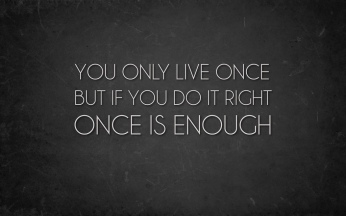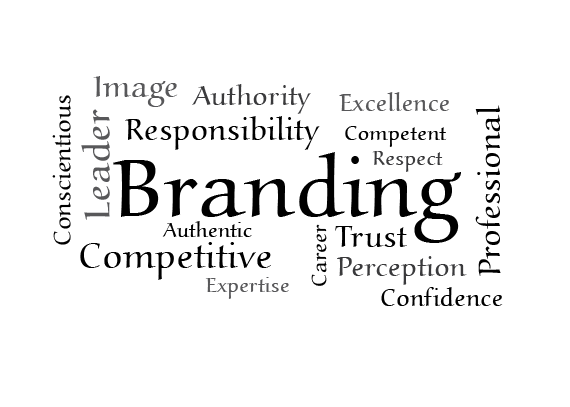Career Coach: Building your personal brand – The Washington Post.
Tag: Corporate Branding
Uncovering What People Really Think of You pt. 1
 Branding is based on authenticity and first impressions. Either you brand yourself or someone else is going to do it for you. When you lose control of your brand its very difficult to get it back. Damage control only goes so far and can never completely correct negative misconceptions, so why wait until your reputation is tarnished to seize control of your narrative?
Branding is based on authenticity and first impressions. Either you brand yourself or someone else is going to do it for you. When you lose control of your brand its very difficult to get it back. Damage control only goes so far and can never completely correct negative misconceptions, so why wait until your reputation is tarnished to seize control of your narrative?
Asses your strengths and weaknesses
Lisa Quast who writes for Forbes Leadership [section] wrote a helpful article on how to conduct a Personal SWOT Analysis which follows her article on defining your career aspirations and Goals.
General SWOT Analyses consist of the following types of questions:
Strengths
This part looks at what the employee does well and where his or her skills shine. Questions to ask include:
- What do you do better than others?
- What positive traits do you have?
- What sets you apart from others looking for jobs, such as education or certifications?
- How strong is your network of connections?
- What do other people see as your strengths?
- What resources can you access?
- What values and ethics set you apart from your peers?
Weaknesses
This part examines the areas in which an employee needs to improve and that will set him or her back when searching for certain types of positions. Questions to consider include:
- What are your negative work habits and traits?
- Does any part of your education or training need improving?
- What would other people see as your weaknesses?
- Do you have any limited resources, such as time or influence?
- Do you have a weak network of connections that will hurt your chances of finding work?
- What negative feedback about your personality or work habits have you received?
Opportunities
For this section, job seekers must look at the external factors they can take advantage of, to find a new job or career direction. Questions to ask include:
- What is the state of the economy?
- Is your industry growing?
- Is there new technology in your industry?
- Is there new demand for a skill or trait you possess?
- Are there certain job openings that can’t be filled by the current crop of job seekers?
- Have customers given you feedback about new services you could provide, or ways to improve your manner?
- What advice can your contacts offer you?
Threats:
This part takes into account the external factors that could hurt a job seeker’s search for new work. The factors to take into account include:
- Is your industry contracting or changing directions?
- Is there strong competition for the types of jobs for which you are best suited?
- Do your weaknesses inhibit your ability to rise in your company or change jobs?
- How much internal competition do you face for the same positions?
- Are there any new professional standards you cannot meet?
- Is there any new technology that will hurt your chances of finding work?
- Do you have any family obligations that will reduce your chances of finding a new job?
Why should you care about personal branding
Most people think that branding is all about business and marketing, and it is. However, there’s no reason why you shouldn’t start branding and marketing yourself just like corporations do. As a job candidate you’re responsible for selling yourself as well as creating a marketing campaign which showcases your talents and skills (i.e. your resume, etc.) The majority of job applicants only go as far as submitting a resume which ends up getting lost in the crowd. One way to stand out is to brand yourself and start utilizing a personal brand identity kit (which will be covered in future articles).
In case you’re wondering why you should care about your personal brand, consider this gem from Inc.com
“Personal branding is especially crucial for the current generation of young workers, who are more likely to move around professionally. Over the course of their careers, many professionals will change industries, transition between completely different careers, and be hired by companies as consultants, freelance workers, and ambassadors” (Inc.com.).
